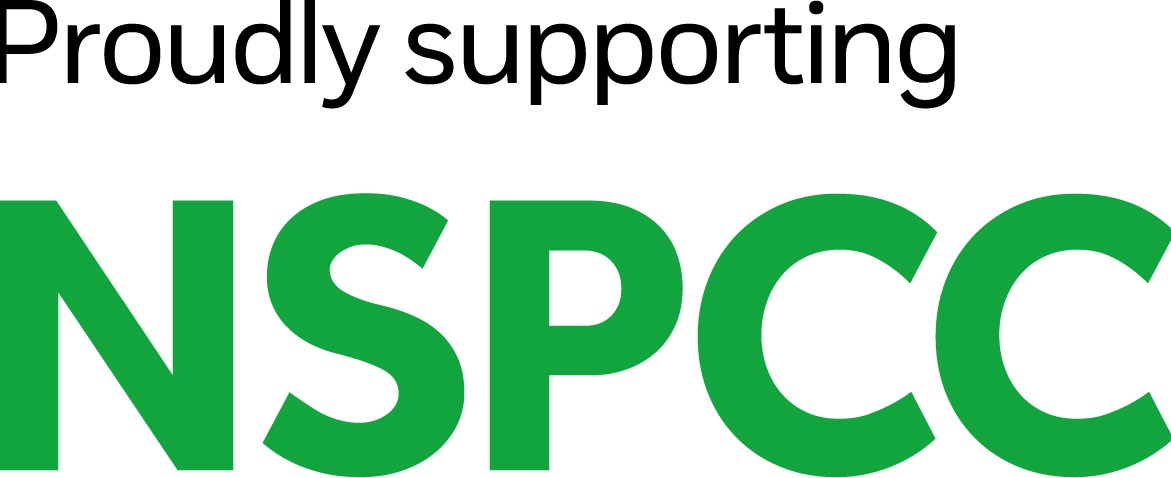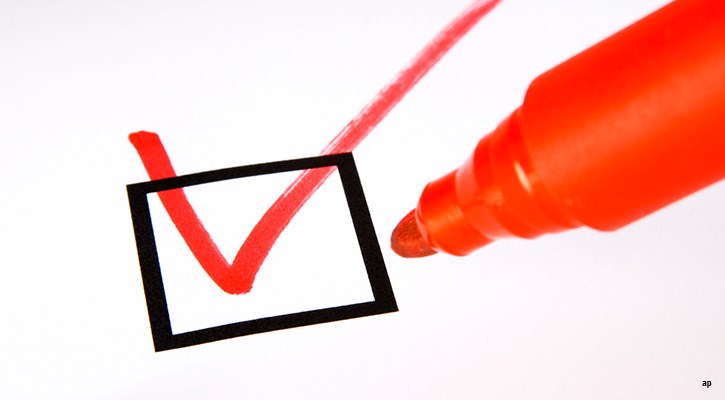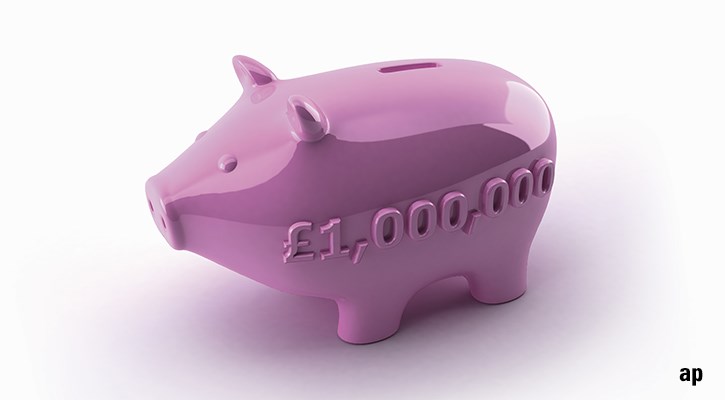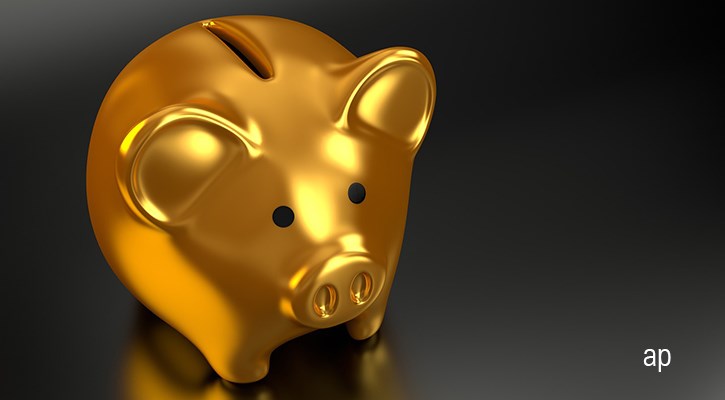
Holly Black: Welcome to the Morningstar Investment Board. I'm Holly Black, today we're talking credit cards and debit cards. The lovely bits of plastic in your wallet that you tap or swipe or put in a little chip and pin machine that you do spending. But what actually is it?
So, one key simple difference between these two types of card, even though they look pretty much exactly the same. Debit card is money that's actually in your bank account. So you can't spend what you don't have. If there's 50 quid in your account, you can't spend 60 or you end up in your overdraft. Credit card is money you borrow, might be from the same bank or building society that you hold your debit card or current account with. You don't have to have that money, they set your credit limit based on how much they think you can afford to repay. And that means you can maybe buy a more expensive purchase and pay it off bit by bit over over a longer period.
So, what are the pros and cons of these two types of cards. You're going to have to choose between them is the first thing to say. Many people have several credit cards and several debit cards probably got really fat wallet, if you do or maybe in an app on your phone. You'll have to pick between them, but it is really worth knowing which purchases to use them for. So let's start with the pros.
Debit card pro is no fees, doesn't cost you money to spend, doesn't cost you money to have because it's literally a conduit from your bank account to whichever shop or supplier that you're handing over your money to. Also ATM withdrawals are free. If you're taking cash out of the bank, this is the card to do it with. Don't do it with a credit card because you will get charged. Pros of a credit card is it helps you build a credit record. So if you are maybe hoping to get a mortgage or a car loan or something in the future, you start using a credit card to set a footprint for yourself. And then a lender knows that you're good for the money. It also offers a lot more protection on transactions. So with a credit card, the provider is just as liable as the supplier. So if something is wrong with the product that you've bought, and you need to get money back and you can't contact the supplier. The credit card company will refund you up to about £60,000.
These are also great for pre-authorised transactions. So if you are going to hire a car, for example, and they block money off your account, credit card really good for that because it's not blocking your actual money, which you otherwise wouldn't be able to spend.
We'll change colour for cons. Cons should be in red, because they are dangers, right? So, cons of a debit card, overdraft. If you do go over the amount that you actually have in the bank, you're going to go into overdraft and the interest rates or the fees associated with that are high. Some banks will charge you £40 or £50 every time you even got a penny into your overdraft. So you need to keep an eye on what's in your bank account, so you know what you can spend.
Less protection, there's a thing called chargeback. Whereby you can get the same refund protection, but it only goes up to about £100 on a debit card. Also not great for big purchases, unless you've got a huge sum of money sitting in the bank, you're probably not going to go out and buy a car with your debit card, that's going to be a credit card or holiday even because there's a big wad of money that comes out all in once and you might feel more protected with that protection and getting that through a credit card rather than debit card.
But there are a lot of risks with a credit card too. What's the first one? Obviously, debt. If this is money, you're borrowing, it's money you're going to have to pay back at some point. So you need to have that in mind when you're spending on a credit card. It's not magic money. 61% of Brits pay back their credit card balance in full every month. That is what you should do. If you're going to have one, it helps you with that credit record. It helps you show that you're a reliable payer and it also means you don't rack up interest.
Interest is the next risk of course, because if you don't clear that balance, you'll get charged for it and the average rate on a credit card in the UK at the moment is 20.77%. So for every GBP1,000 if you don't pay it back, you're going to rack up £207 just in interest over the course of a year. Advertised rate is something else to be aware of. Because you might see a credit card with really low rate that looks great, nought percent balance maybe something like that. The provider only actually has to give that rate to 51% of applicants, for it to be able to advertise it, that means 49% of applicants won't get the advertised rate, they'll get something worse.
Credit record won't be a pro, it's also a con, because if you pay late or you let that limit rack up, that will negatively impact your credit record. And that might make it harder for you to get another card or loan or mortgage. And because credit card limits are quite high, it can encourage overspending, you might spend beyond your means without even realising it because the bank has said, hey, have £10,000 in credit, we don't have to worry about how you manage that. That's for you to have to worry about. And we also need to watch out for with these credit cards. If we do stop on a great deal, maybe one of these advertised rates, these nought percent balance transfer deals. Watch out for when the deal wins because you'll end up with something even higher than that to pay back.
So that's credit and debit cards.



























